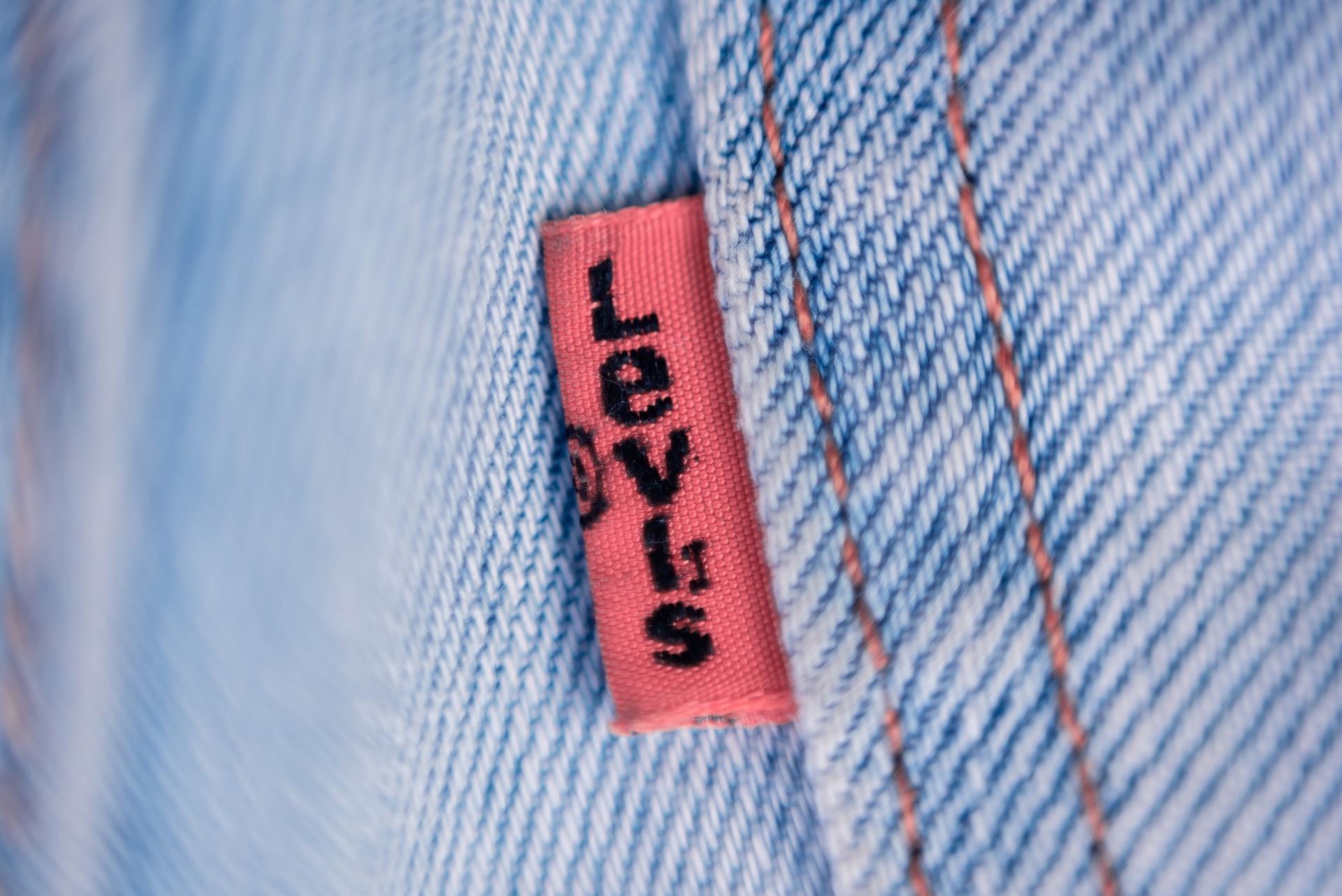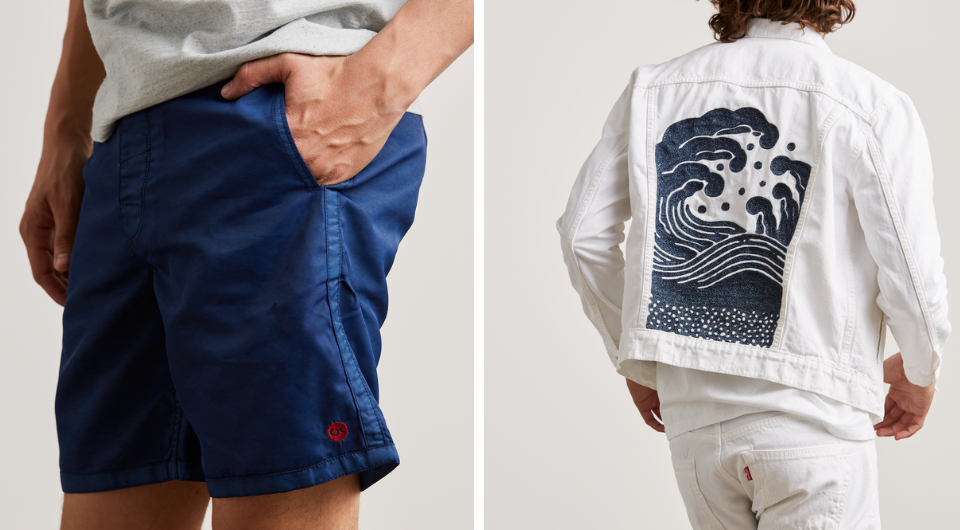Levi’s Plan to Use More “Cottonized Hemp” in Future Collections

In 2019, Levi Strauss & Co. teamed up with a Swedish textile recycling startup to produce their cottonized hemp collection, Levi’s WellThread x Outerknown. Since then, Levi’s reports have indicated a plan to put its innovative use of hemp into future clothing collections.
While not the first to use hemp in clothing, Levi’s sustainable solution is making waves in the fashion industry and could have serious implications for our future wardrobes.
What is Cottonized Hemp?
Cottonized hemp is the result of a process that softens hemp fibers to create a soft, cotton-like material. Fiber technology allows the structure of the hemp to be broken down and woven into a material indistinguishable from traditional cotton.

Why is Cottonized Hemp a Sustainable Solution?
Hemp is known to be a more sustainable material than cotton for a variety of reasons.
In terms of growing, hemp requires roughly 4x less water to produce than traditional cotton and takes about half the amount of land.
It doesn’t require loads of fertilizers, and in fact, it even fertilizes the soil around it. Similarly, it requires fewer pesticides than traditional cotton.
And if you weren’t convinced, hemp even produces a greater fiber yield per hectare than traditional cotton.
So, basically, it takes less resources and produces a greater crop. Yup — a win, win for the planet and the fashion industry.
What Made Levi’s Choose Hemp?
Levi’s sustainability strategy is based on three main concepts: climate, consumption, and community. As part of its climate and consumption goals, Levi’s has sought to reduce their GHG emissions and either sustainably source raw cotton or develop more sustainable alternatives.

Through their pursuit for sustainable cotton options, Levi’s discovered the potential of cottonized hemp and now views it as one of the most efficient sources for sustainable clothing production.
What is Levi’s Doing to Make Sustainability in Fashion a Priority?
Creating cottonized hemp clothing is one small piece of Levi’s overall mission to prioritize sustainability. In an effort to reduce overall consumption in regards to clothing production, Levi’s has expanded their efforts to create a circular economy for materials.
In their latest Sustainability Report, Levi’s CEO stated, “When we speak of sustainability, we are talking about operating and using resources in a way that can be continued in perpetuity without harming people, the planet or future generations…Climate is the existential crisis of our time…and we all have a responsibility to act.”
While a statement certainly only goes so far, Levi’s has taken actions to live these words. Levi’s has intentions to lead the fashion industry in sustainability, aiming for 100% sustainably sourced cotton by 2025. Currently, they are operating at 75% sustainably sourced cotton.
Are There Other Brands Using Hemp or Similar Material to Make Clothing or Other Products?
While Levi’s was one of the first to implement hemp in their clothing, they certainly weren’t the first. Hemp actually has ancient roots in the fashion industry.
China, for example, has used hemp in clothing for thousands of years. As cotton became more popular, however, the country’s use of hemp declined.
Today, other brands such as Patagonia, Toad&Co, and WAMA Underwear have implemented hemp into their clothing.

What Does This Mean for Our Planet?
Sustainability is becoming more of a priority in many industries, especially fashion, as more consumers are prioritizing sustainability when making a purchase.
This trend in consumer spending is likely to influence big fashion brands when it comes to sourcing and producing materials. While hemp clothing is just one sustainable solution, it could have a major place in the fashion industry if other companies adopt it into their plans the same way Levi’s has.
While cottonized hemp is not a certified fabric just yet, Levi’s has shared that they are working with various associations within the fashion industry to change that. This gives us hope that cottonized hemp could, and will be, widely used within the fashion industry in the near future.


Leave a Reply